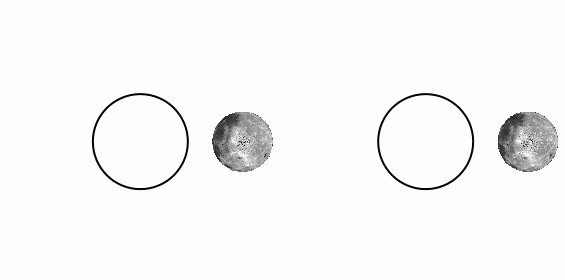Well, yes, because rotation applies a force we can measure, whereas motion doesn't. For instance, if we have a rotating body with gravity, at the equator if we were to travel at high speed in the opposite direction of rotation we would measure an increase in gravity due to a lowering of the force trying trying to throw us off the planet, we would become heavier, the opposite would happen if we were to travel at high speed in the direction of rotation, we would increase the force trying to throw us off the planet, thus become lighter.
On a non-rotating body, on the other hand, we would only experience and measure the latter effect, so determining if a body is rotating or not is quite a simple experiment using a moving vehicle and gravimeter. Thus if we can measure it there is a sense of rotation.



